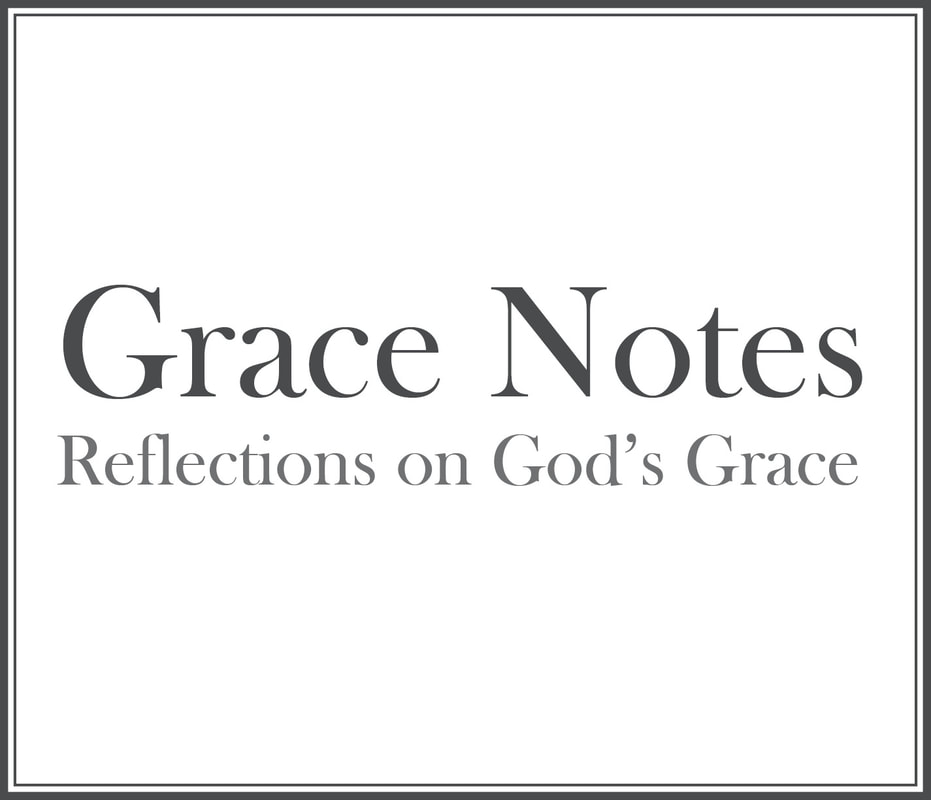 As lots of you know, I like to cook. When I find a recipe that works, that produces some tasty delight, many might say that the next time I make the dish, I should follow the cultural advice, “If it ain’t broke, don’t fix it.” I think this is bad advice. There is always room for improvement. Next time I make the same dish, I experiment. Maybe it is because I was once an aspiring jazz musician who lived to improvise. Maybe it is a faith thing – we worship a God who says, “I make all things new.” (Revelation 21:5 As human beings, the gospel of Jesus Christ calls us to be always engaged in transformation, growth and becoming the people God made us to be. Paul writes, “Do not be conformed to this world, but be transformed by the renewing of your minds, so that you may discern what is the will of God—what is good and acceptable and perfect.” (Romans 12:2) Continuing the bad grammar of the cultural colloquialism, if you ain’t perfect, you ain’t done.
As you know, the Congregation Council is proposing changes to our governing documents that will more clearly describe the way we govern, plan, and carry out our mission and ministry in the world. Looking over the changes proposed, some have asked, “What went wrong that made us consider these changes?” Nothing went wrong. No conflict arose. Nothing is, in fact, broken. So, the question is, I guess, “If it ain’t broke, why change it?” The answer is that we can do better – always. We are learning, as leaders and as a congregation, every day. The world around us is changing, every day. Pandemics, demographics, culture and a hundred other things are asserting pressure all the time that call for re-evaluation and adaptation. The changes being proposed will help us keep moving forward and meeting the changing landscape of a world that desperately needs us. “If it ain’t broke, don’t fix it,” is the cry of those who long for the past and cannot see the road ahead because they are facing the wrong direction. As Colin Powell said, “If it ain’t broke, don’t fix it is the slogan of the complacent, the arrogant, or the scared. It’s an excuse for inaction, a call to non-arms.” The changes we propose do the following: 1. We have already adapted and changed the way we work as a congregation. We need the governing documents to reflect reality and not stand in the way of progress. 2. We need a more nimble and integrated way to plan. We need to set aside occasional dalliances in “planning” that produce another notebook that sits on shelves. We need a planning process that is woven into the everyday work of the congregation. 3. We need to focus our efforts “to equip the saints for the work of ministry, for building up the body of Christ,” (Ephesians 4:12) so that love and compassion become even deeper parts of our life together. 4. We need to keep clarifying the roles of Council, Staff, Volunteers, and all members so that we avoid confusion and clarify the way we do mission together. It is not that we don’t do these things now. We do! Look around! We can, however, led by the Spirit and in response to change and challenges around us do these things better. We can keep growing as a congregation that is very clear about who our Lord is, who we are, and what we are called to be doing. We began this process of growing more fully into the people God made us to be more than a decade ago when we established our values, then our beliefs, then our mission and vision. Now is the time to move ahead again to define how we carry out our mission more deeply. The truth is, if it ain’t broke, break it. Because this cook knows that an unbroken egg is useless. Pax Christi, Tim Olson – Lead Pastor
1 Comment
3/24/2022 04:19:23 pm
WOW! Some new, interesting, and great thoughts here! You are on the right track!
Reply
Leave a Reply. |
Categories
All
Archives
July 2024
|


 RSS Feed
RSS Feed

